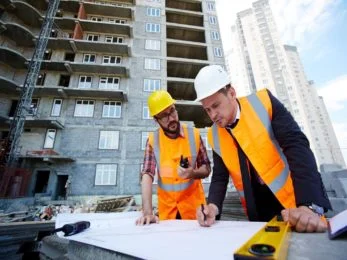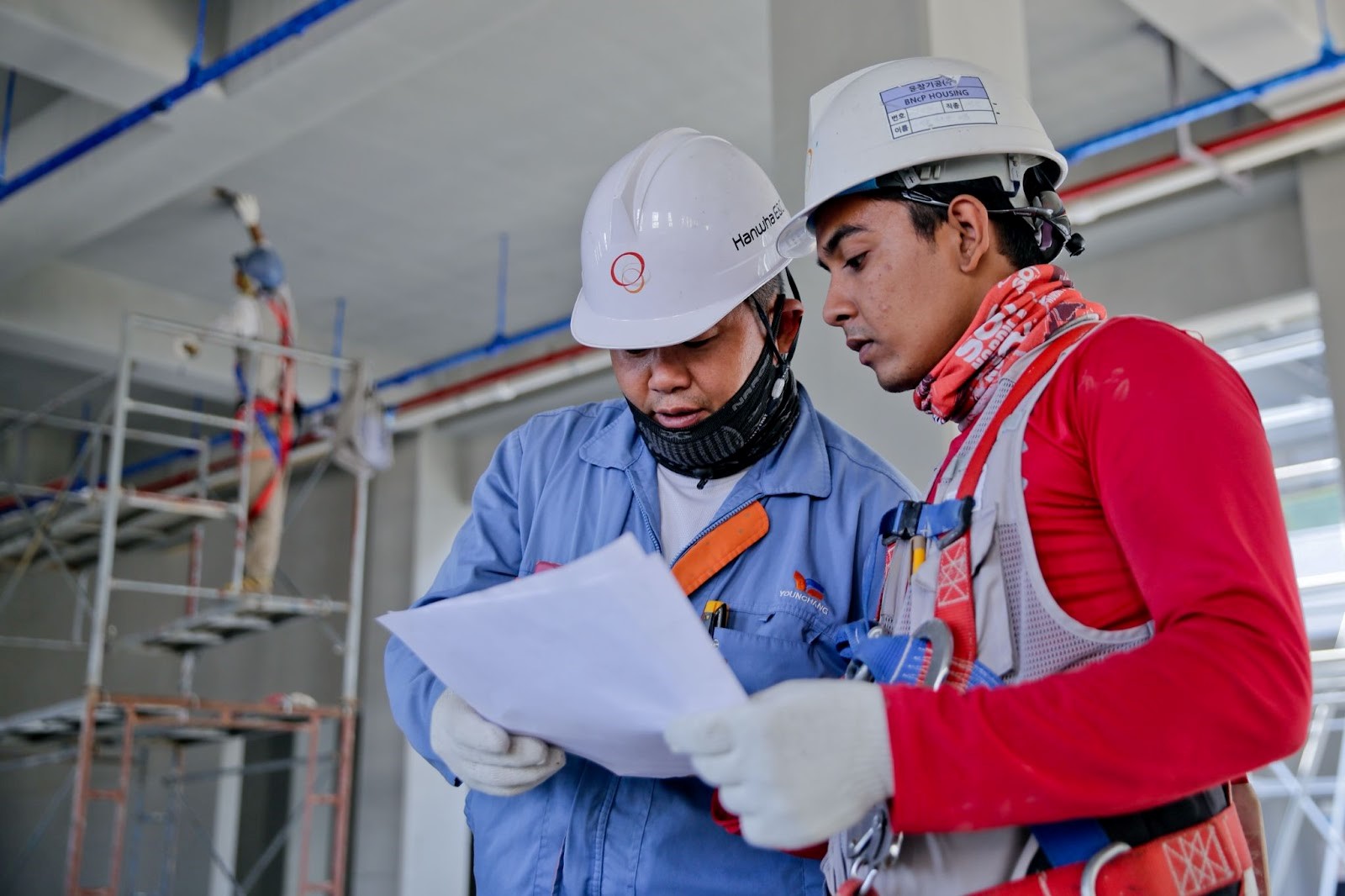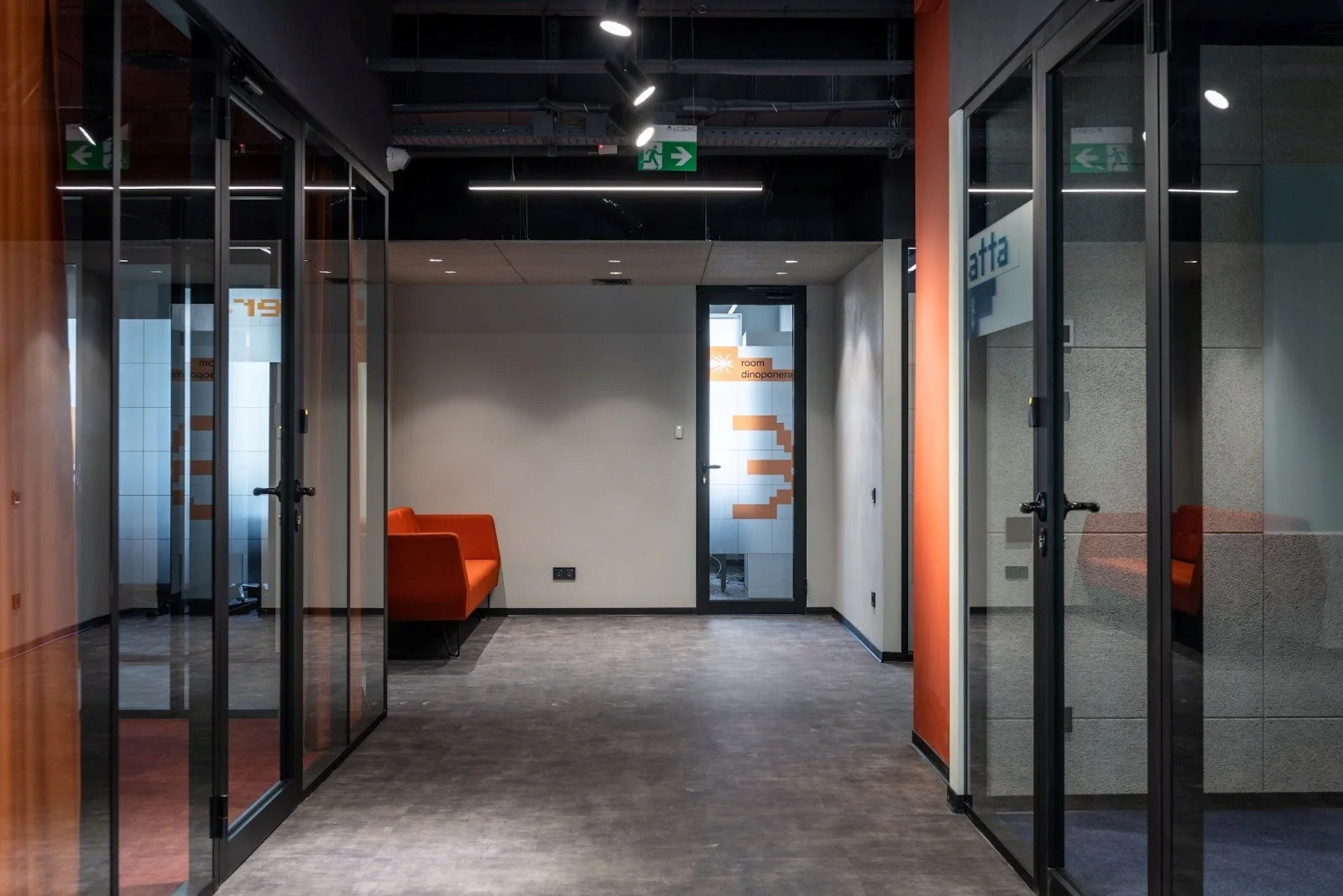Involvement in a commercial real estate development includes far more than just putting together construction materials. The building phase is just one small step in the entire project. Before the planning stages for a project begin, it’s important to plan to avoid any potential issues.
Construction experts know how crucial the planning steps are and make sure they’re taken into account when building a new house. After the construction is completed, the process continues to ensure that the building is legally compliant, and meets the client’s expectations. Let’s take a look at each step of the construction process.
A commercial real estate developer can be compared to a Stage Director in some sense. They are not themselves acting on stage, playing the background music on time, or in charge of lighting the stage. True, but they are responsible for coordinating a variety of moving pieces beyond the expertise of individual technicians. They are the ones who take critical decisions and make sure that everyone involved in the construction process does their job well and on time. There are many different ways you can approach commercial property development since there are different kinds of properties – offices, industrial and retail projects, multi-family residential complexes, single-family houses, etc. Regardless of the kind of property, it is that you’re undertaking to develop, seasoned commercial contractors will always ask you to pay attention to these crucial stages of the process:
- Site selection and assessment
- Contract discussions and negotiations
- Entitlements and zoning
- Engineering and architectural studies
- Stacking the capital
- Managing the leasing and sales departments
- Obtaining bids and supervising construction
Let’s delve a bit deeper into these aspects and identify the areas that many might have overlooked in the past because it can take years to bring a project from a vision to reality.
Site Selection and Assessment for Commercial Real Estate Development
When selecting a new location for your business, you’ll want to consider these factors:
- Traffic count in the area
- Ease of access
- Terrain and site topography
- Proximity to interstate highways and major landmarks
- Demand for their product type
- Local infrastructure
- Land usage rights and zoning
The presence of the existing population, the presence or possibilities of wide and regulation approved roads in the future, and the local laws, regulations, and official systems that are at disposal to support a huge project – all influence the decision to bet on a property. Even though there are many other factors at play, it is considered safe to move to the next stage if the site passes these important markers.
Contract Discussions and Negotiations for Commercial Real Estate Development
This step in the development process is relatively straightforward – the developer makes a formal offer on the land and then negotiates a purchase and sale agreement with the owner(s).
At this stage, most pros will bring in their lawyers to handle a fair amount of the work, considering how much time, energy, and capital they’re going to be putting into it. You should hire the best professionals to represent you throughout this process so that you stay protected.
Entitlements and Zoning
This is often the stage where seasoned commercial contractors can outshine their competitors and earn their paychecks.
First and foremost, you need to get permission from the local government before you can start building. You’ll need to rezone or repurpose the site if there are irregularities. This process usually includes neighborhood meetings, discussions with council members (or representatives), and city approval.
It’s better to involve a contractor who specializes in building permits, zoning, and entitlements to help put together a better proposal and presentation for whoever needs to sign off on your rezoning request.
Engineering and Architectural Studies for Commercial Real Estate Development
Some developers may have backgrounds in architecture and engineering but will still hire the appropriate firms for their projects. When you hire a specialist, you get an expert who takes care of all the small details and adds value to the project with efficiency and specialized experience. In turn, it frees the developer up to focus on other elements of the project.
Your architecture and engineering firm will perform a site study to determine how to potentially optimize the site, and they‘re often strong lobbyists, so if you need to get anything approved, they‘ll be able to help you out on that front too.
Stacking the Capital
“Capital stack” is a term for describing the debt and equity structure for a commercial real estate development. Depending on the type of project, there are many ways that this framework can be built.
Developers and commercial contractors who are capitalized internally will put the equity portion of the company on their own but others may have several investors who will provide them with capital.
A full capital stack might include Equity, Preferred Equity, Bridge or Mezzanine Debt, and Bank Debt.
Managing the Leasing and Sales Departments
The leasing or sales department is usually involved early on in the development process to ensure the project is viable and profitable. Once the project has been designed and approved, the developers will work with the leasing/sales team to market the site so that they can hopefully get some activity before the lease or sale.
This part of the project could involve digital marketing, hard hat tours during construction, public relations, site tours after completion of the construction, and contract negotiations.
Obtaining Bids and Supervising Construction
After the developer has finalized plans for the project with the architect, engineer, and leasing or sales team; it’s time for the developer to send those plans out to explore their options and decide on a commercial contractor to see the project through.
Seasoned developers know how much they expect to spend on their projects before bidding them out. However, there are always fluctuations in the cost of construction labor and materials that could drastically affect the final project costs.
These bids are used by lenders to determine whether a loan will be approved if they greenlight the project and serve to set a budget for the developer during the construction process.




